In the ’90s, before home internet, it wasn’t evident that my adoration for Disney’s The Lion King and Aladdin video games was shared with a large number of gamers all over the world.
I didn’t have that kind of reach, so it wasn’t until years later that I realized a whole lot of people my age also look back fondly on those games. Why those two specifically, amid so many other licensed games?
The answer to that question becomes clear after revisiting them as part of the new two-pack Disney Classic Games (DCG), which re-releases both nostalgia-laden titles for fans looking to revisit their childhood, or perhaps see what they missed the first time around.
Nostalgia is necessary in this case, though, and even then, it doesn’t allow these once adored games to glimmer as they used to.
Aladdin and The Lion King Review: Nostalgia Needed
Like most licensed movie tie-ins of the Super Nintendo era, both Aladdin and The Lion King are 2D platformers — and tough ones at that. If you played them before and recall them being difficult, it wasn’t your inexperience. They’re still tricky today, but rather than have any difficulty curve or even any difficulty spike, both games start tough and stay that way for each of their few hours.
That difficulty comes not just because the levels are designed to throw all sorts of old-school obstacles at you, like death traps of enemies that frequently demand quick-witted acrobatics, but for other reasons, too — for example, the games’ mediocre platforming gameplay. Jumps often feel imprecise, like you can easily over-jump and under-jump the same platform several times each because it’s hard to account for the way the characters leap.
In reality, it’s probably an issue that plagues many games from back in the day, but other projects have been led by those who had more sense than to re-release them in 2019. But that’s not the case with these once adored Disney tie-ins. They’re back in stores today, and they don’t always justify the shelf space.
One recurring problem in Aladdin, in particular, is the combat. Aladdin can throw collectible apples at enemies or fight them with his sword all across Agrabah, but if you close the distance too much, to where you’re almost on top of an enemy character, they become immune to your moves. Exacerbating the issue is that they simultaneously keep dishing out damage to you in the process.
Simba struggles in The Lion King, too, though usually more often in some obtuse puzzle areas, the likes of which exude the type of inverted nostalgia that makes one nauseous. A common feeling I had playing these games could be summarized like so: “Oh yeah, I remember that. Glad games aren’t designed that way anymore.”
Coming from an era when “Game Over” screens really meant you went back to “Start,” this is a big problem. Today’s platformers are usually too polished to leave these dated titles feeling acceptable as they are. Even with their flaws, though, they still play like a speedrunner’s paradise, offering so many ways to shave milliseconds off a playthrough, they may catch on with streamers for that reason alone.
Fortunately, this two-pack piles on the bonus features and reconfigures a lot of the ways they used to work to suit a modern audience. For one, there’s a rewind function, like we see in most racing games these days. You can also watch a guided playthrough to show you how to get past certain areas, or jump in and take control at any point in those demonstrations. I found the default controls to be quite backward, too — seriously, “B” is jump? — but thankfully, they can be remapped to suit your preference.
These functions salvage what would’ve been a much worse experience, one that revealed how dishonest our nostalgia can be. Instead, it makes these games tolerable, even fun and lets me focus on the best bits of them both: the effect they have on my brain.
Just like seeing an old TV ad, or the intro to a favorite series long off the air, every audiovisual element of Aladdin and The Lion King is remarkably, vividly familiar. From the way Timon introduces the first level with “It starts…” to the timeless soundtracks of both games, the pairing goes a long way to remind me of the power of the human brain.
It’s at once weird and exciting to see these images and hear these 16-bit soundtracks again. It feels like it’s been both a lifetime and just a day since I last experienced them, and that feeling alone is worth at least an attempt to enjoy these flawed games again.
Other features help round out the collection, like remastered visuals, and the games’ handheld versions are included — though they’re decidedly worse than the others. You can change the aspect ratio of the games, mess with several ’90s-approved backgrounds when you’re not playing in full screen, or listen to the soundtracks in the menus, totally separated from any of the gameplay. There are even some Museum features that include interviews with developers and concept art to browse.
These do well to round out a robust offering that tries to account for the decades-old deficiencies that are unavoidably present when resurrecting a pair of projects like this.
Aladdin and The Lion King Review — The Bottom Line
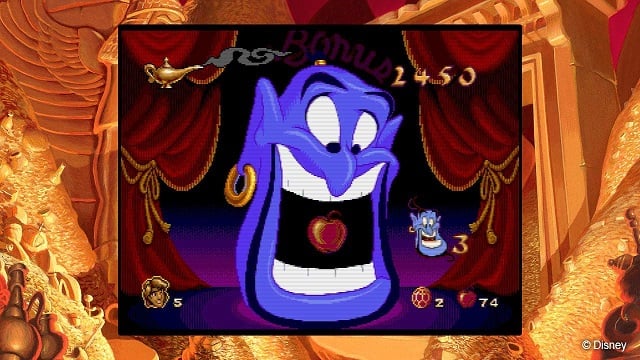
Pros:
- Packed with fan service and special features
- Some of the games’ flaws are improved with modern features like rewind
- The soundtracks are still perfect after all these years
- Old-school charm
Cons:
- Gameplay often doesn’t hold up in the context of 2019
- Old-school frustrations
Neither Aladdin nor The Lion King really survived the test of time on their gameplay merits. As platformers, they are always imprecise, sometimes broken, and often frustrating. They just happened to hit at the right time, both then, during the peak hand-drawn Disney years, and now, as revived favorites for nostalgia-hungry millennials.
For anyone who played them before, the nostalgic pull is hard to resist. You probably won’t love them like you once did, but for a few hours, they’ll make you feel like a kid again.
[Note: Copies of Alladin and The Lion King were provided by Digital Eclipse for the purposes of this review.]

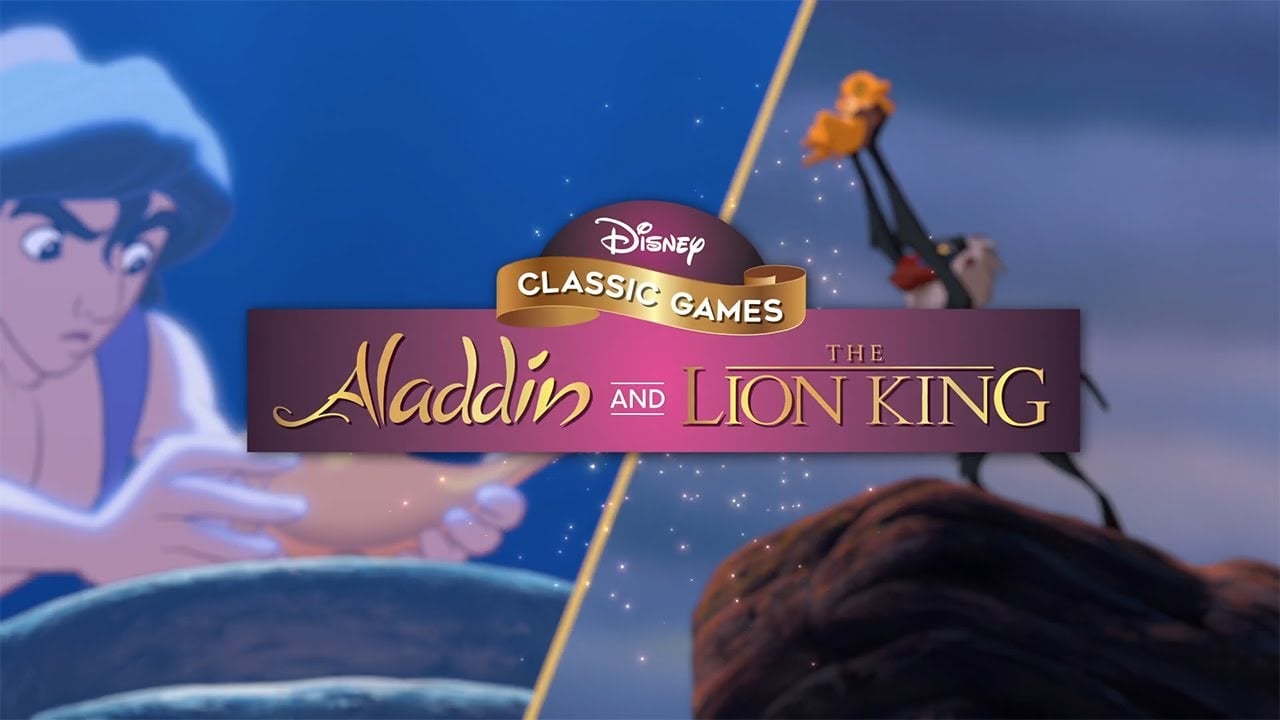
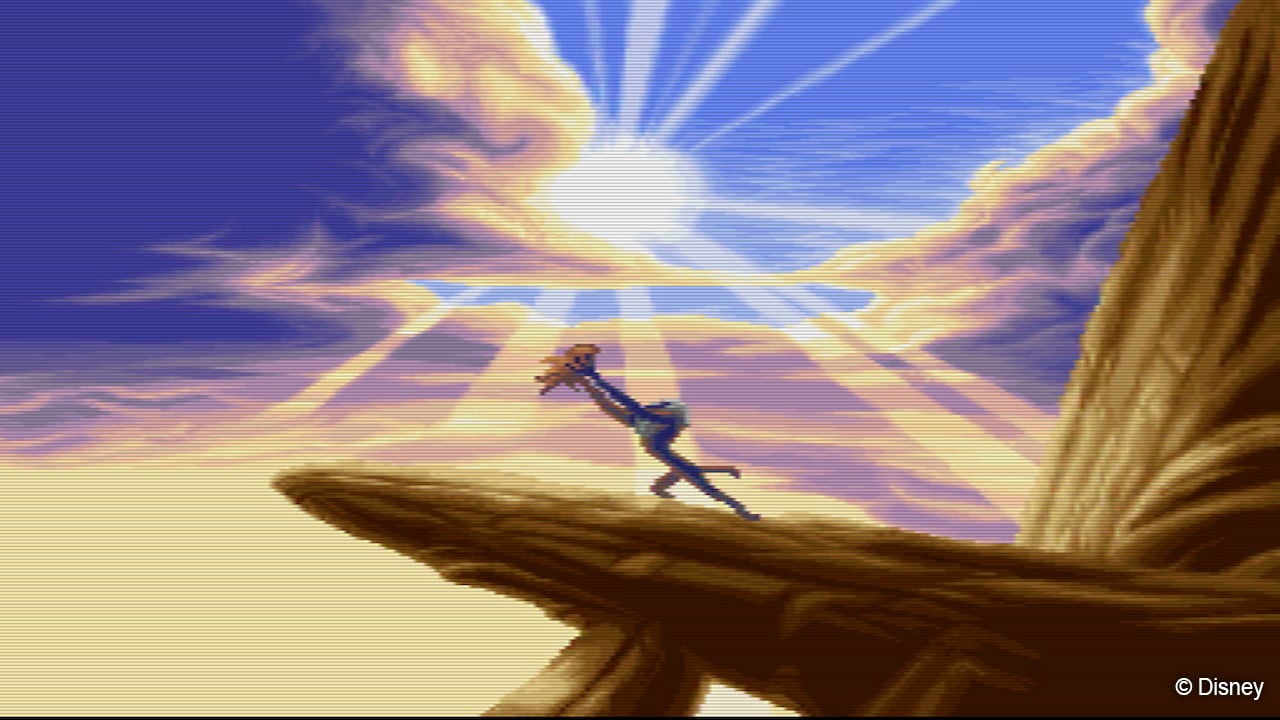
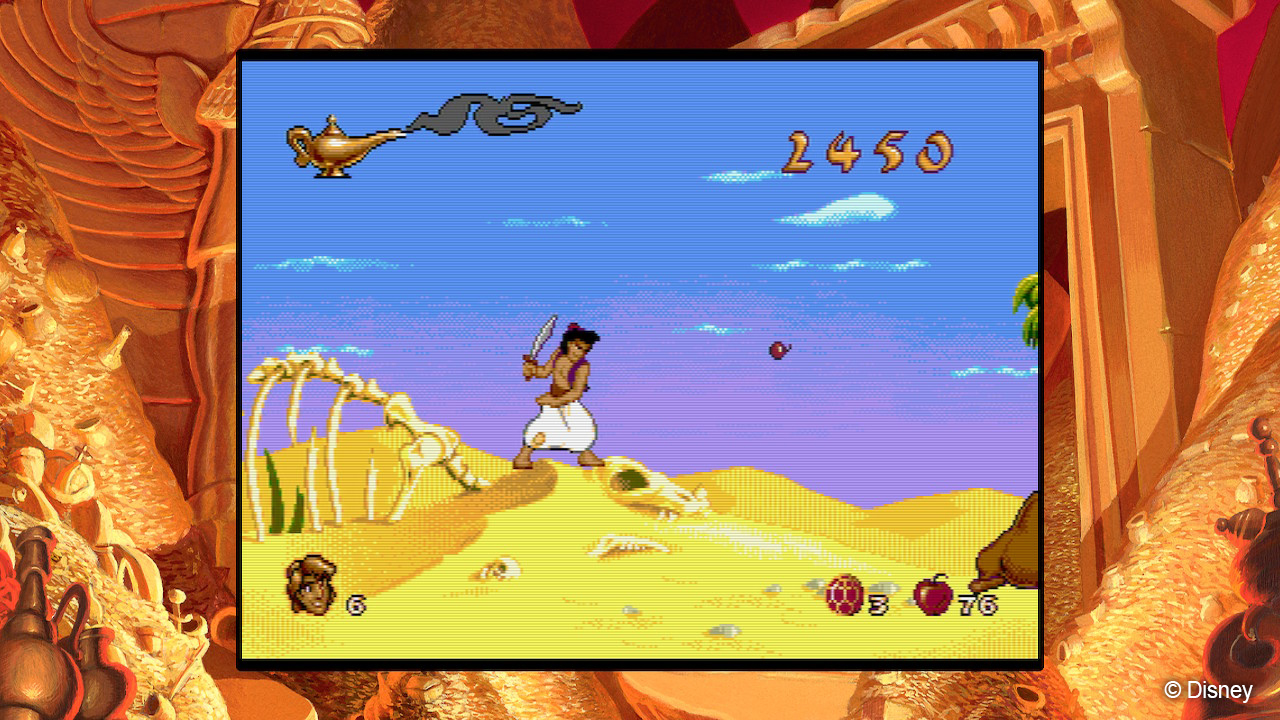
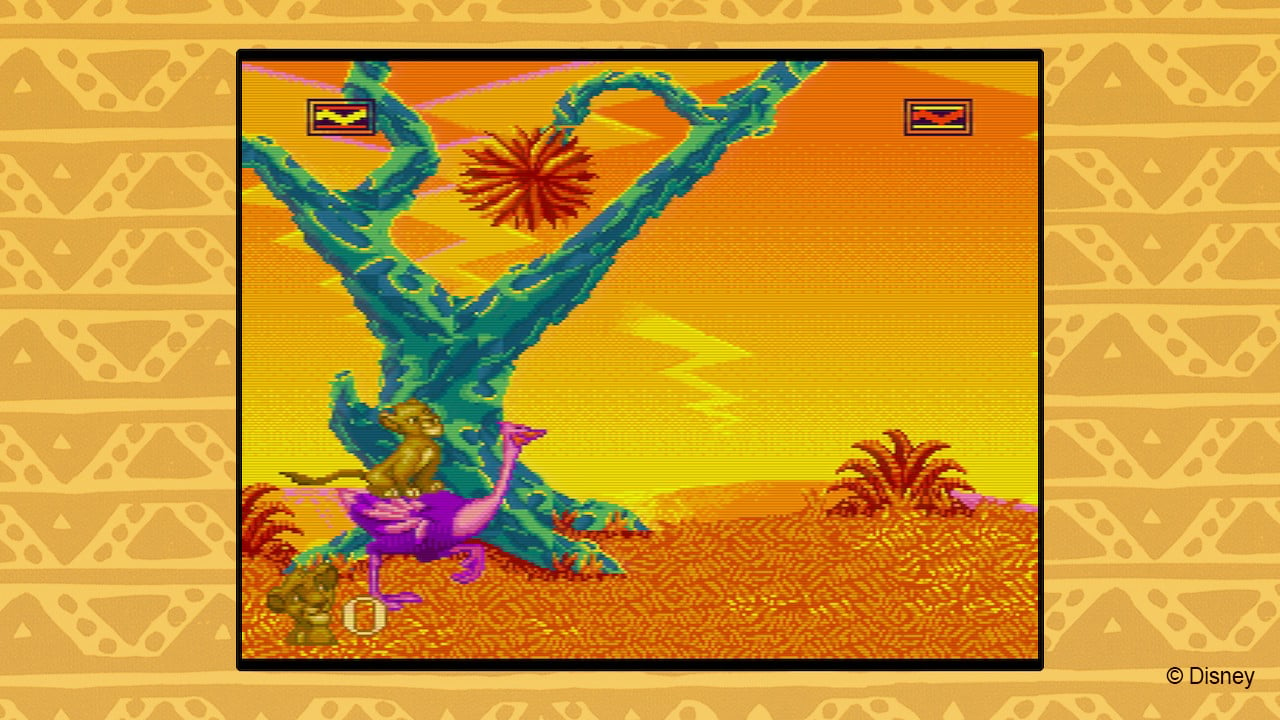





Published: Oct 31, 2019 12:48 am